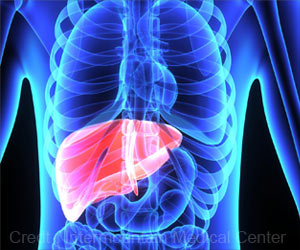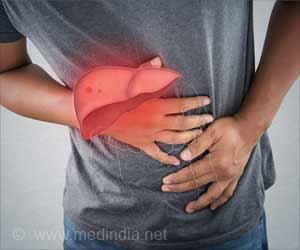Liver perfusion technology increases graft utilization, extendeds preservation time and reduces waiting list mortality.
Highlights :
- New technique helps save up to 70 percent of donated livers for transplant
- Liver technique allows doctors to test how well a liver functions before transplant
For those with end-stage liver disease, a transplant is the only hope for survival, but demand for livers suitable for transplantation far outstrips supply. According to the latest NHS Blood and Transplant report, up to 20% of people awaiting a transplant operation died or were removed from waiting lists due to ill health.
A growing proportion of donated livers are coming from high-risk donors with a history of alcohol misuse, obesity or elderly people with comorbidities, often when a patient has suffered cardiac arrest that is unexpected and when the patient cannot or should not be resuscitated. These livers are of lower quality and pose risks to recipients. Consequently, the majority are not transplanted.
Funded by the Wellcome Trust, experts from the University of Birmingham's Centre for Liver and Gastrointestinal Research, University Hospitals Birmingham NHS Foundation Trust and the NIHR Birmingham Biomedical Research Centre have found that just 4-6 hours of normothermic machine perfusion assessment enabled 70 percent of currently discarded livers to recover enough to allow successful transplantation into a recipient.
Mr Hynek Mergental, Honorary Senior Lecturer at the University of Birmingham and Consultant Surgeon at the UHB Liver Unit said: "Whilst liver transplantation is one of the most advanced surgical procedures, up to now, there has been no objective mean to assess suitability of donor livers for transplantation. The VITTAL trial validated our pre-clinical research and pilot clinical observations and these viability criteria can now guide transplant teams worldwide to provide access to the life-saving transplantation to more patients in need."
Mr Thamara Perera, Consultant Transplant Surgeon at UHB explains: "This ground breaking trial has proven that objective parameters can be used for making a decision to use a borderline liver. The observed 100% study participants post-transplant survival was reassuring and provided our patients and the surgical team with confidence to implement and further expand this approach, which now helps the sickest patients on our waiting list to underwent transplantation sooner and safer."
Tim Knott, Head of Innovation Programmes at the Wellcome Trust, said: "Many more patients who need liver transplants will benefit from this technology. Giving surgeons the tools to assess if a liver transplant will be viable will help the thousands of people who have chronic liver disease globally."
John Forsythe, Medical Director of Organ Donation and Transplantation for NHS Blood and Transplant, said: "New techniques of Organ perfusion and preservation are a vital developing area of organ donation and transplantation. We are delighted that a number of doctors and scientists in the UK are leading the way in this field of research. Each year a small number of donated organs are not transplanted for a variety of reasons. Transplant success relies on a significant amount of activity taking place in a short space of time. New techniques are already allowing us to transplant donated organs that would not have been possible in the past. More research in this area is likely to increase that ability."
Source-Eurekalert
















